Assault & Threats Lawyers in Pakistan
If your matter involves violence in the context of a domestic situation i.e. a child, parent, sibling, wife, girlfriend, or common-law spouse; the police, prosecutors, and judges take such allegations VERY seriously. These types of assaults are typically referred to as “domestic assault”. For more information on assaults in a domestic context, please refer to the information under Domestic Violence..
Assault & Threat Charge
Assault can be defined as “the intentional application of force to a person without their consent”. Thus, assault charges can be laid in a wide variety of situations ranging from very minor applications of force, like grabbing someone, to much more serious actions, like kicks, punches, and even choking.
People are also often surprised by the fact that the decision to “drop” the charges does not belong to the complainant. Technically, once the police decide to lay the charges, the complainant becomes just another witness in the case that the police and the Crown Prosecutor are pursuing.
The Crown Prosecutor is the only person who can decide whether or not to drop the charges. Crown prosecutors are experienced government lawyers who will only drop the charges if there is:
- Insufficient evidence or
- It would be contrary to the public interest to prosecute.
Common Assault and Threat Charges
Assault and Threat charges are the most basic, and the most common types of violence charges. Unlike many other charges, the substantive evidence against you does not come from the police. The case will likely come down to the testimony of the person who says you threatened or assaulted him or her, and of course your evidence on the point. When reflecting on the incident, be sure to write down as much as possible about your interaction with the person against whom you are alleged to have committed an offence. Document injuries you have suffered, telephone calls made, and damage done.
In cases of Common Assault and Threat charges, the likelihood of going to jail if convicted is relatively minor, particularly if there is no criminal record for similar offences.
Offences that are typically associated with assault and physical violence, and are considered more serious, include the following:
- Assault of Police Officer
- Assault with a Weapon
- Assault Causing Bodily Harm
- Choking
- Sexual Assault
- Robbery
- Break and Enter to Commit Assault
- Unlawful/Forcible Confinement
- Kidnapping
- Obstruction
Bail Conditions for Assault & Threat Offences
If you are released while your charge works its way through the courts, you can expect to have the following conditions imposed:
- No communication with the alleged victim (this includes calling, texting, e-mailing, meeting, or passing messages through another person)
- A “no-go” condition banning you from going anywhere near the alleged victim’s home or place of work
- No weapons
- No drugs or alcohol if the police or Judge has reason to believe you were under the influence of intoxicants when you committed the crime)
The Sentence
As charges move from basic assault to more serious versions, the risk of jail time increases dramatically. It is important to note that although jail sentences can sometimes be served in the community, recent amendments to the Criminal Code have taken away that judicial discretion in cases involving significant violence. As such, the prospect of serving actual jail time is substantial.
Fortunately, because of the unpredictability of witness testimony, it is often a good idea to set the matter down for trial. Alternatively, there is a broad range of resolutions available to Crown and defence, often resulting with no criminal conviction at all on less serious variation of the charges.
If found guilty of assault, the possible penalties include the following:
- Up to five years in jail
- Up to three years of probation
- Fines of several thousand dollars
- An order that you give a sample of your DNA to the Canada-wide DNA Data Bank
- An order banning you from owning any weapons for up to ten years.
In addition, a conviction for assault can have a very negative impact on your ability to find or maintain certain types of employment. Employers are wary of permitting someone found guilty of assault to work with children, the elderly, or other vulnerable sectors in society.
Our criminal defence lawyers tailor the approach we take to every case depending on the specific goals of our clients. Whether it be completely avoiding a criminal record; avoiding a finding of guilt on a specific charge; or staying out of jail, we will create the roadmap to give you the best chance possible of achieving that result.
